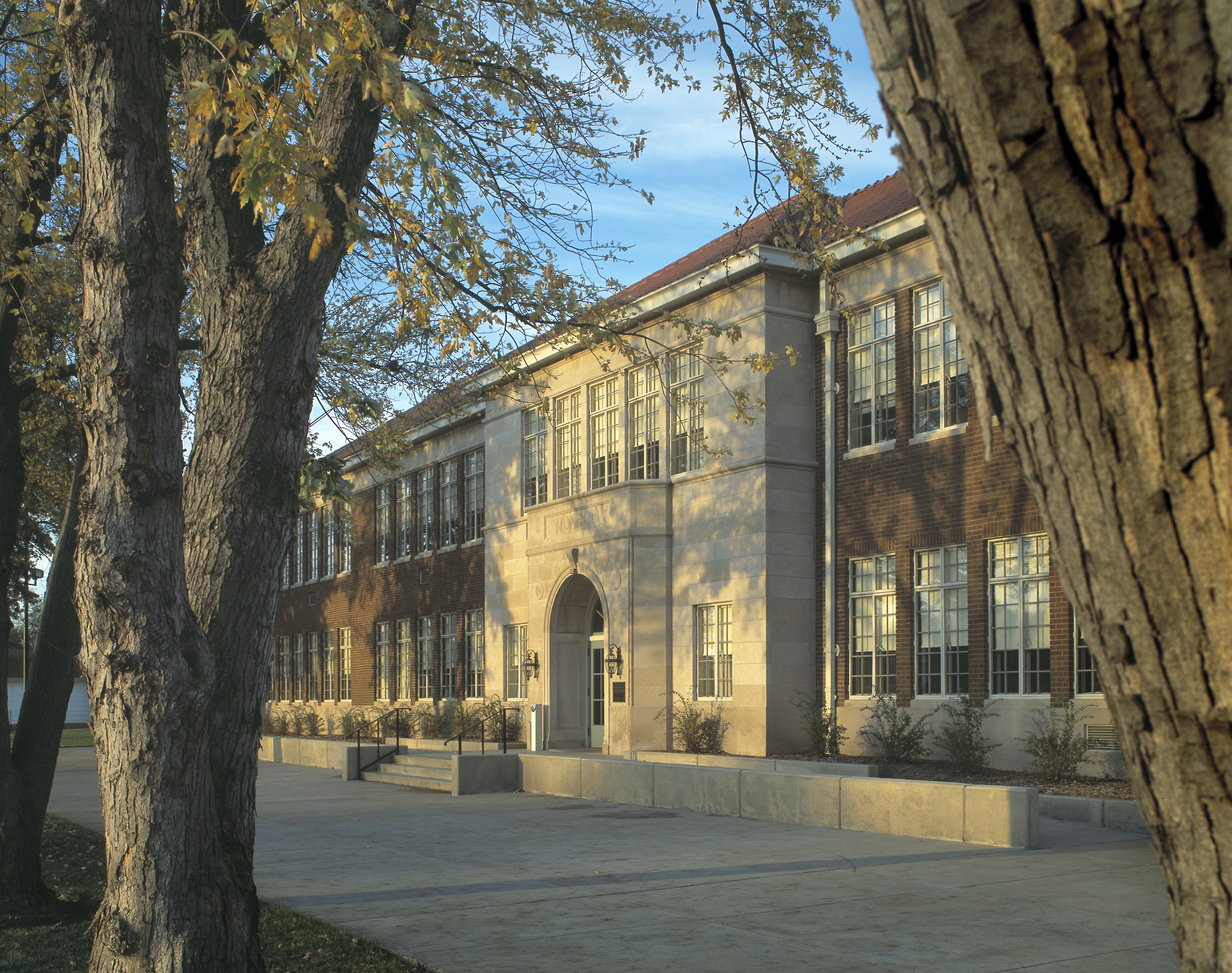
The Monroe Elementary School Building.
Brown v. Board of Education
The path to equality has been anything but smooth. It's taken courage and dedication by everyday people coming together for a common goal to carry the country toward true equality. Parents, teachers, secretaries, welders, ministers, and students drov
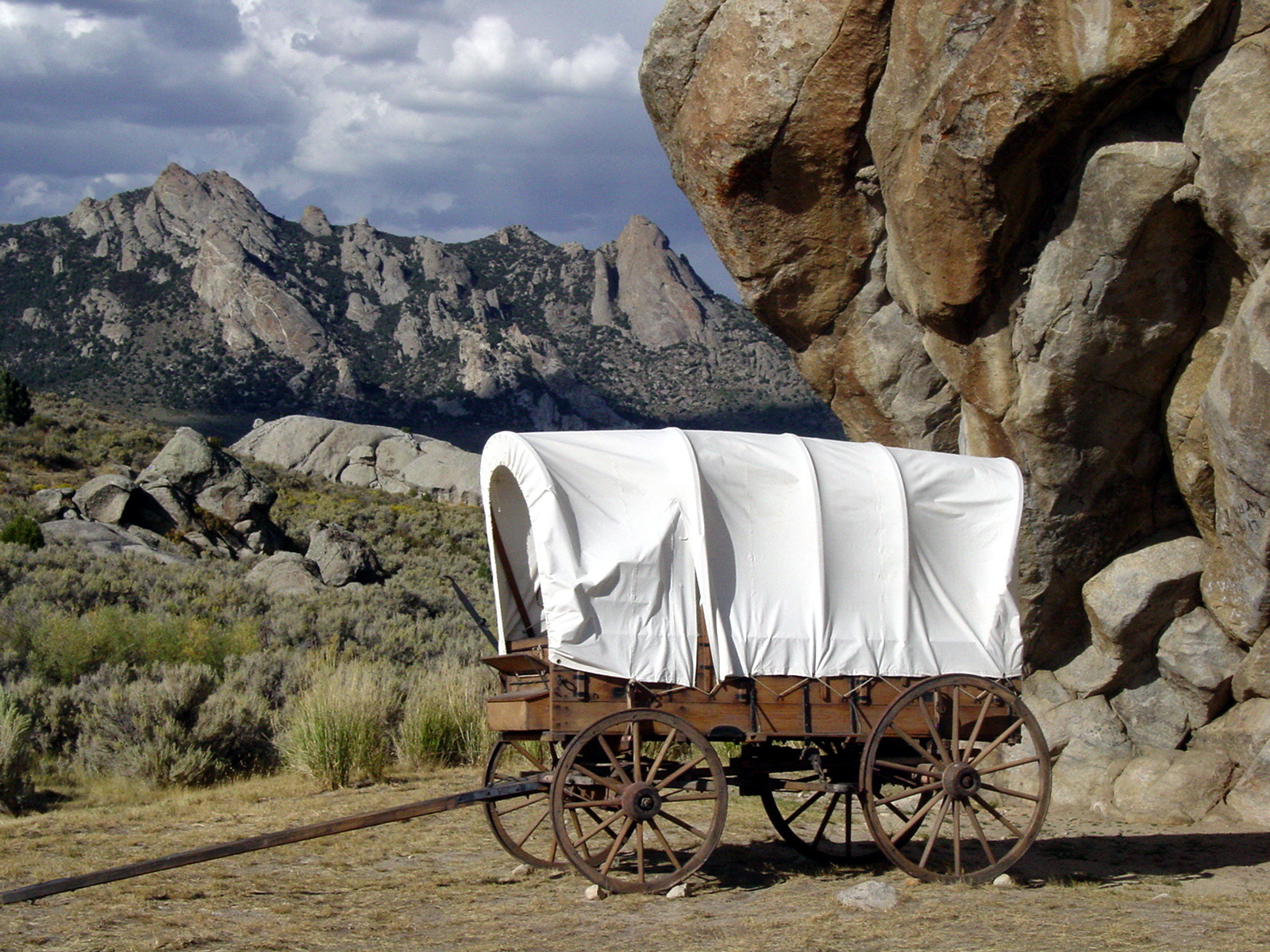
Wagon at Register Rock in City of Rocks National Reserve
California
Follow in the footsteps of over 250,000 emigrants who traveled to the gold fields and rich farmlands of California during the 1840s and 1850s: the greatest mass migration in American history. The California National Historic Trail is over 5,000 miles
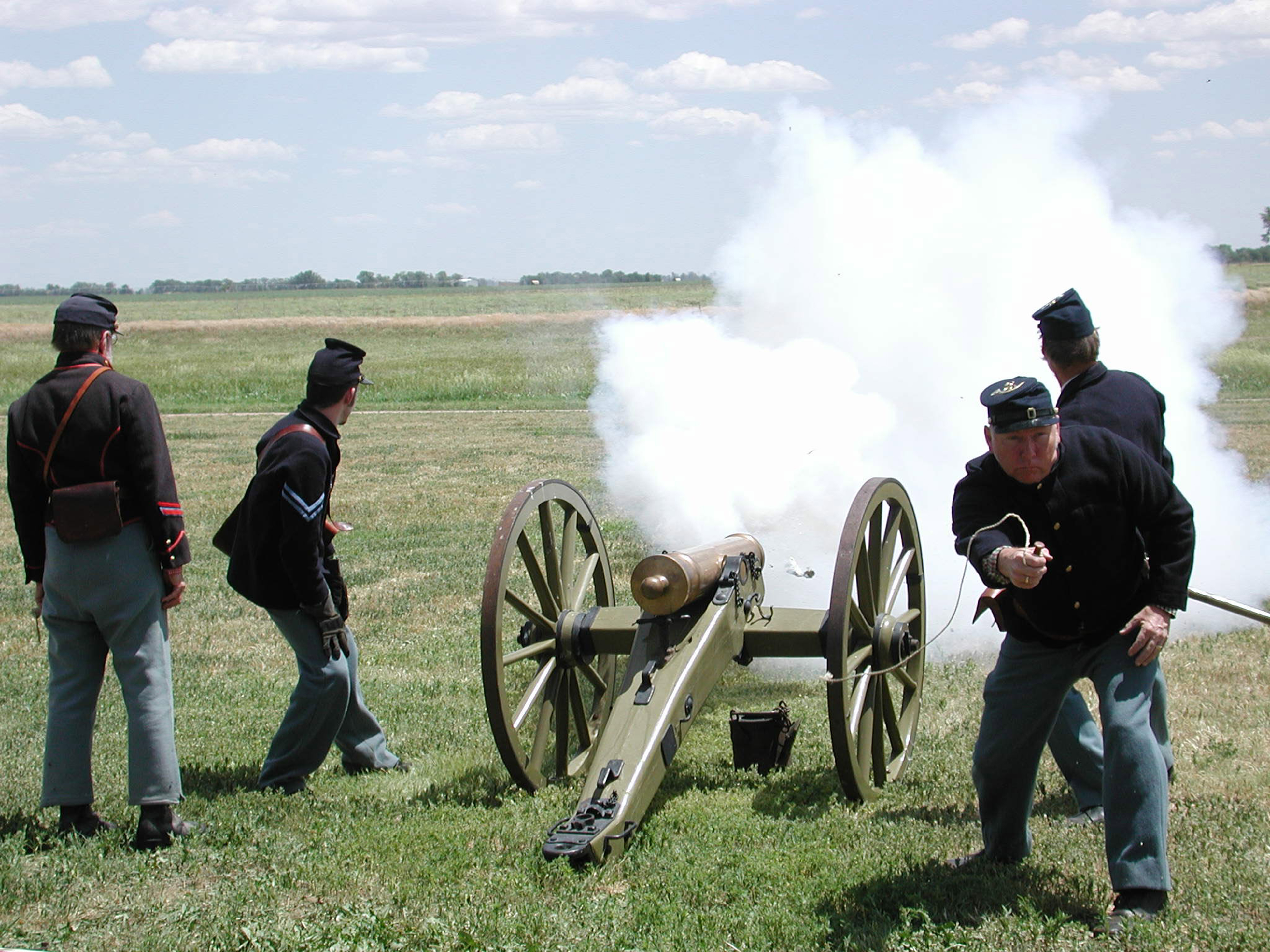
Volunteers demonstrating the use of a mountain howitzer during one of Fort Larned's living history weekends.
Fort Larned
Discover a complete and authentic army post from the 1860s -1870s! This well-preserved fort on the Santa Fe Trail shares a tumultuous history of the Indian Wars era. The sandstone constructed buildings sheltered troops who were known as the Guardians
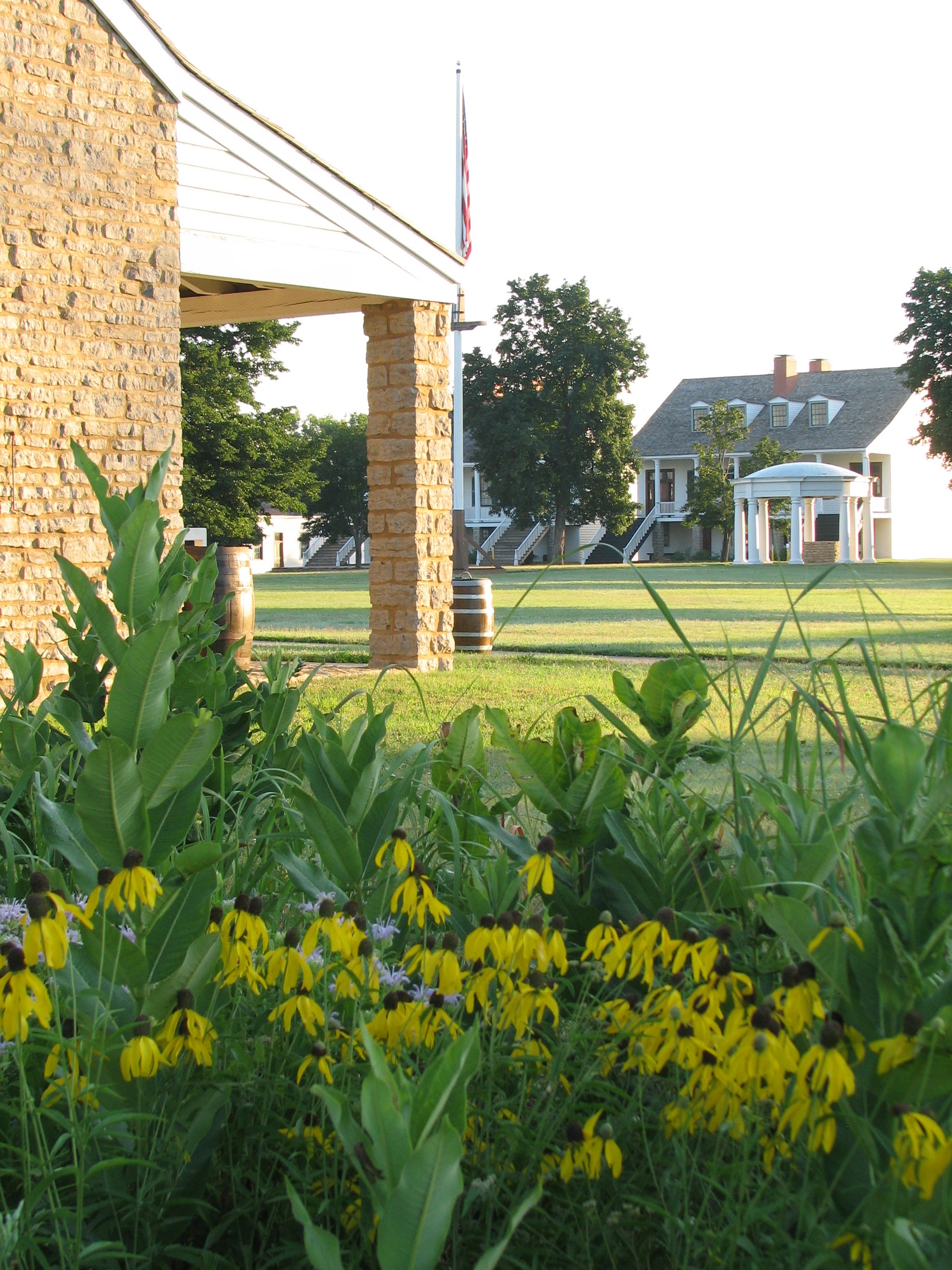
A field of sunflowers adds a splash of color to a view of the parade ground at Fort Scott.
Fort Scott
Promises made and broken! Who deserves to be free? The fight for freedom! Soldiers fighting settlers! Each of these stories is a link in the chain of events that encircled Fort Scott from 1842-1873. All of the site's structures, its parade ground, an
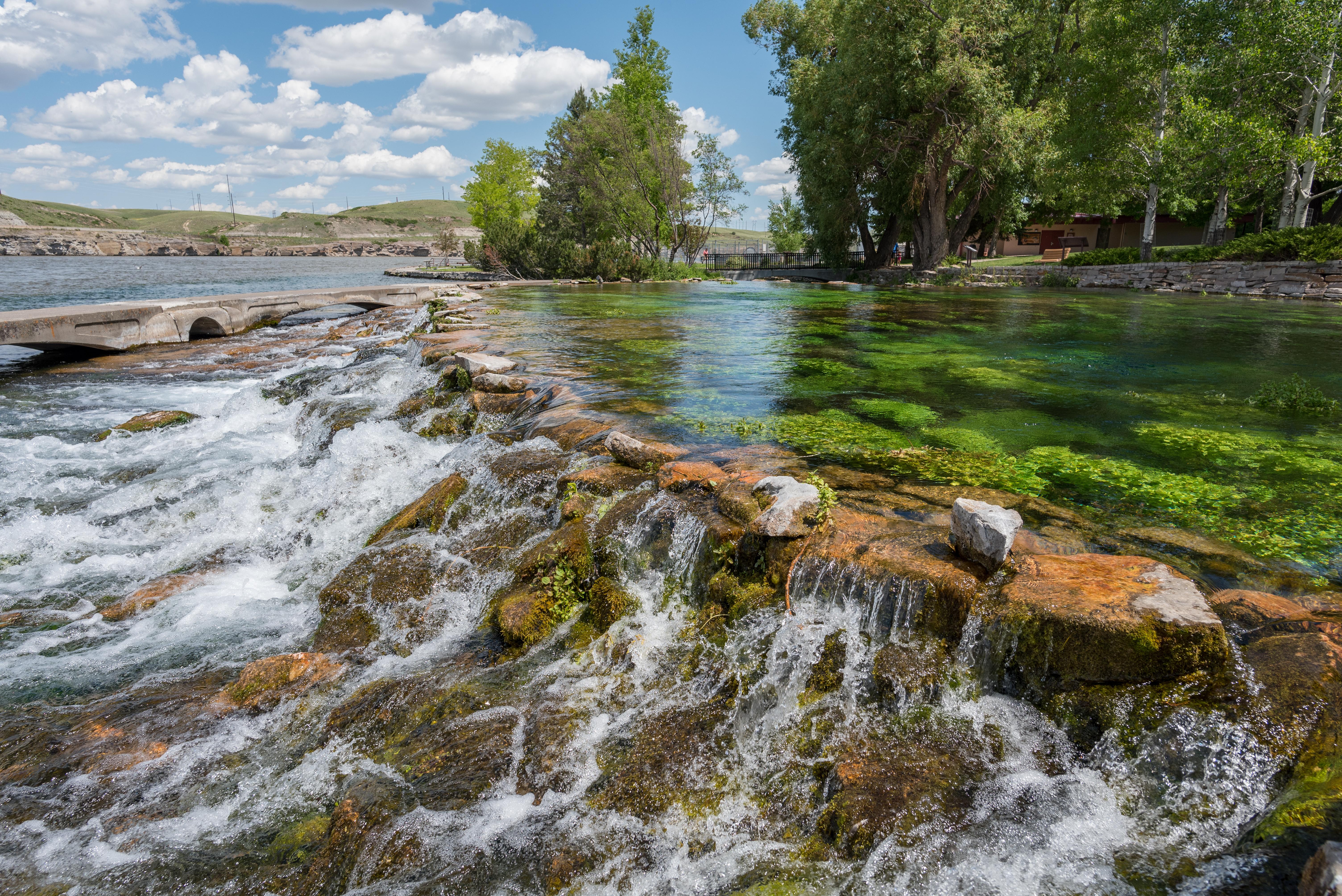
Giant springs is a site along the Lewis and Clark National Historic Site located in Great Falls, Montana
Lewis & Clark
The Lewis and Clark National Historic Trail winds nearly 4,900 miles through the homelands of more than 60 Tribal nations. It follows the historic outbound and inbound routes of the Lewis and Clark Expedition of 1803-1806 from Pittsburgh, Pennsylvani
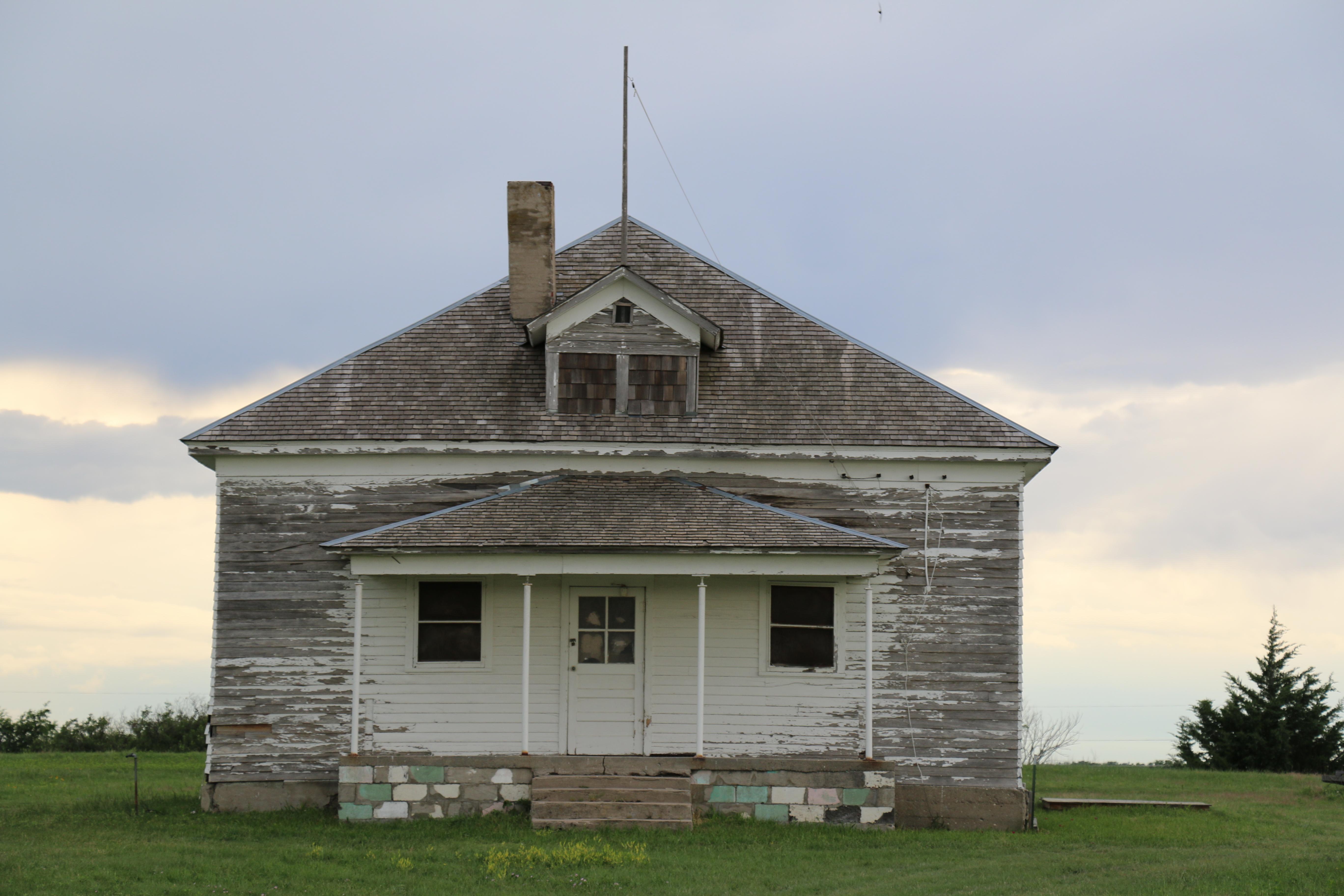
District Number 1 Schoolhouse on a cloudy summer day.
Nicodemus
Formerly enslaved African Americans left Kentucky at the end of the post-Civil War Reconstruction period to experience freedom in the "Promised Land" of Kansas. Nicodemus represents the involvement of African Americans in the homesteading movement ac
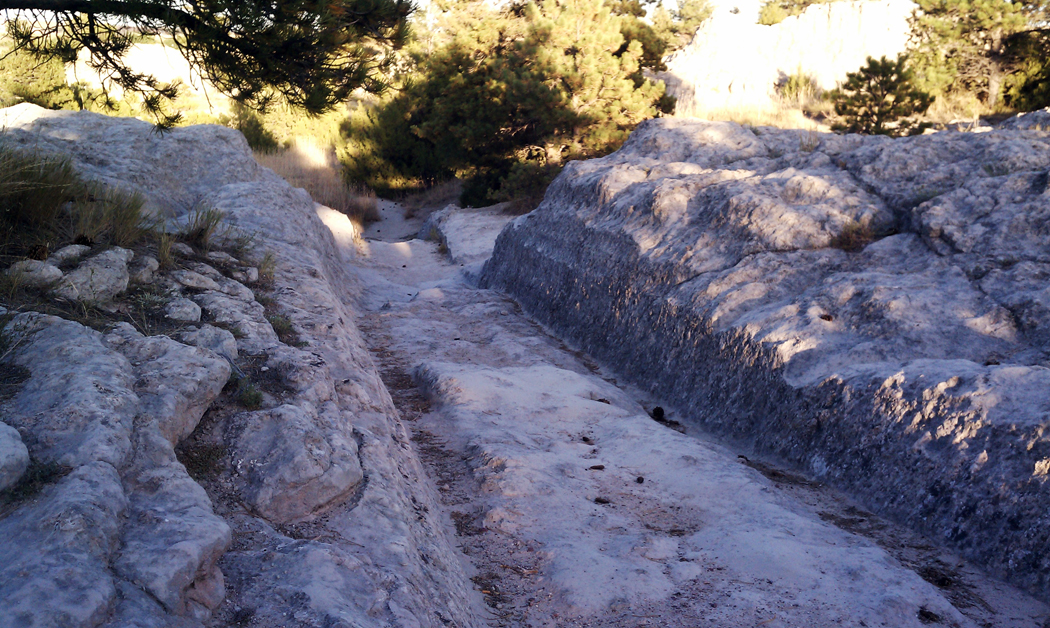
The Guernsey Ruts in Wyoming feature deeply eroded rock from wagon traffic.
Oregon
Imagine yourself an emigrant headed for Oregon: would promises of lush farmlands and a new beginning lure you to leave home and walk for weeks? More than 2,000 miles of trail ruts and traces can still be seen along the Oregon National Historic Trail
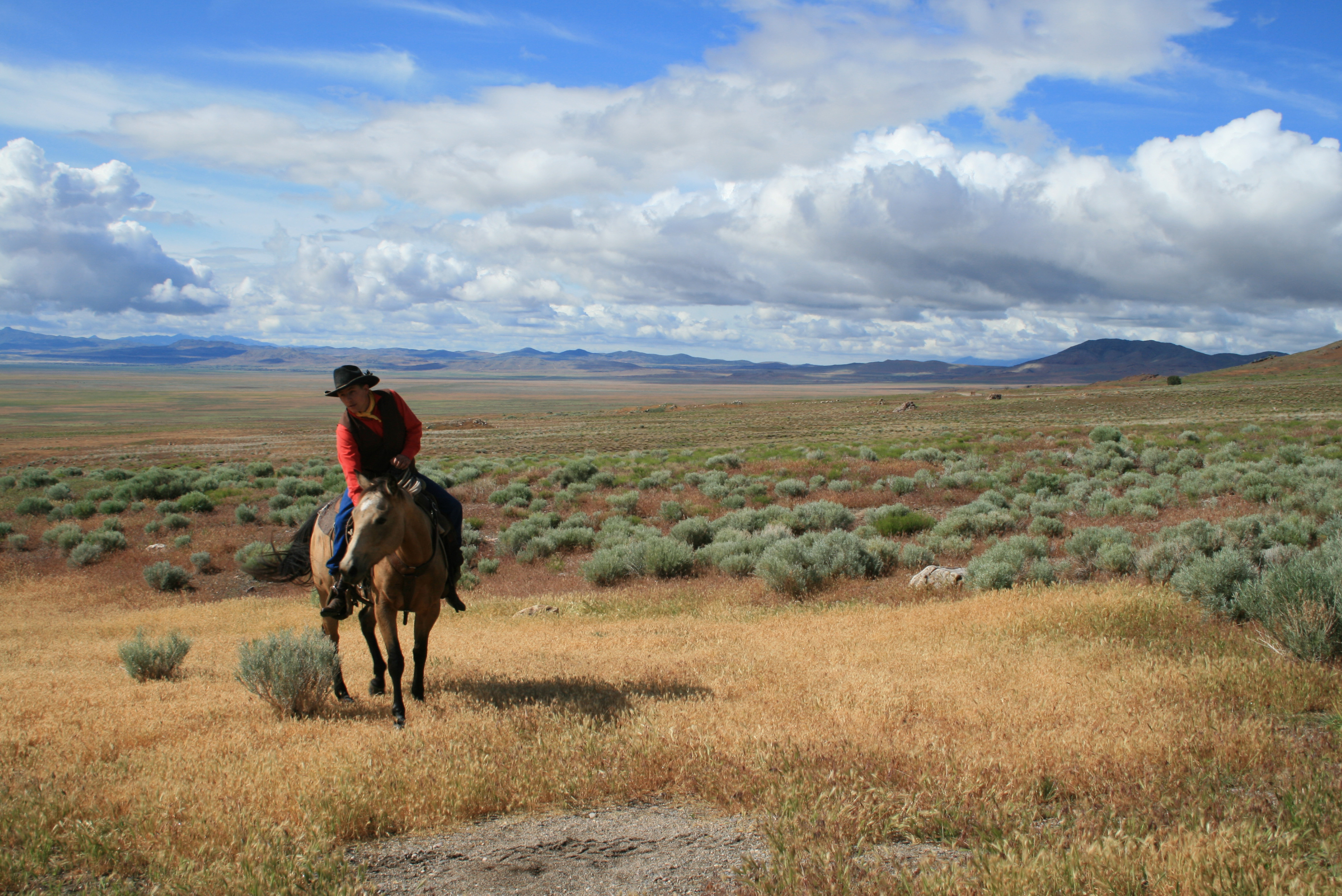
A National Pony Express Association rider poses at Simpson Springs in Utah.
Pony Express
It is hard to believe that young men once rode horses to carry mail from Missouri to California in the unprecedented time of only 10 days. This relay system along the Pony Express National Historic Trail in eight states was the most direct and practi
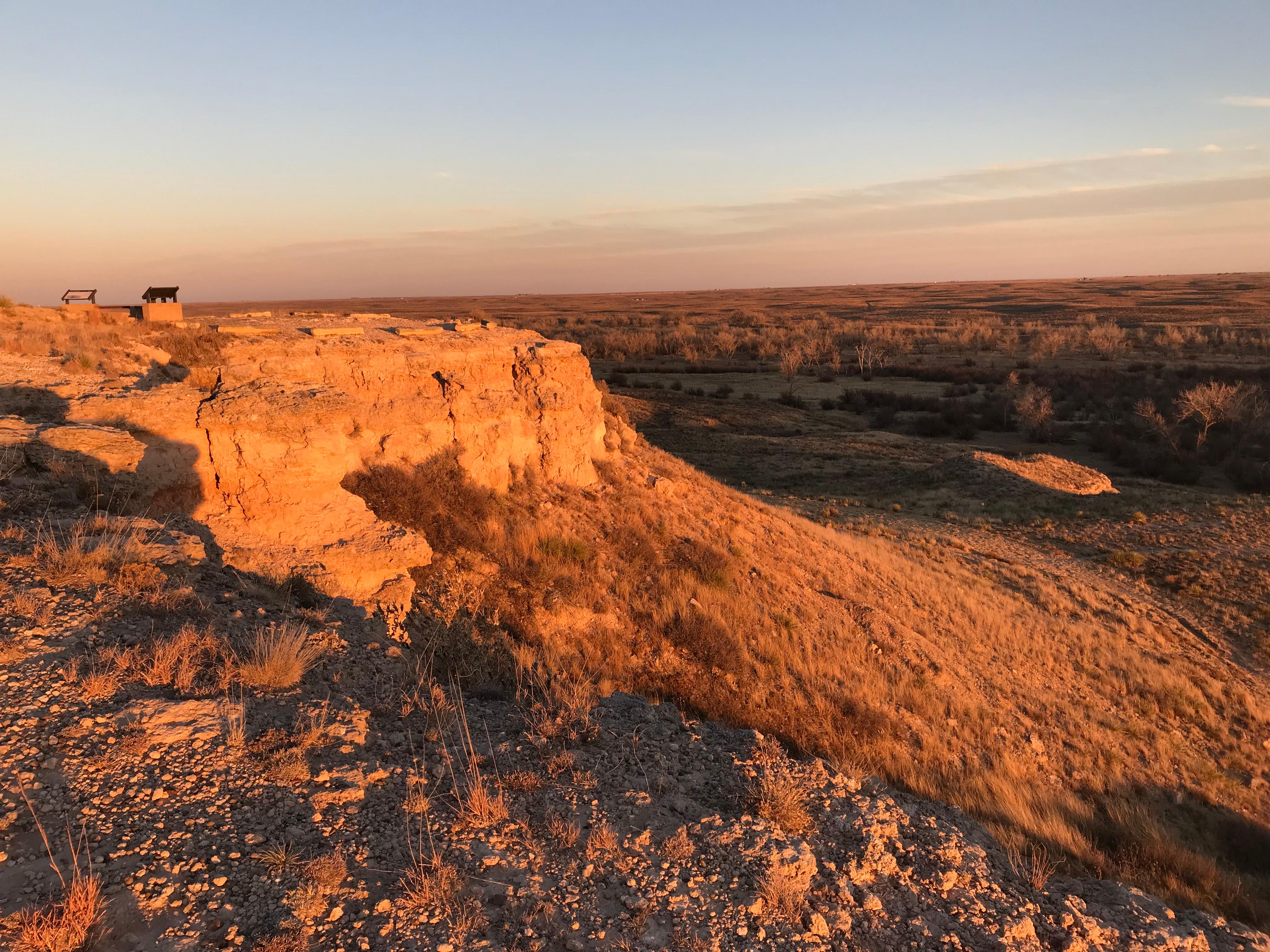
Visit Cimarron National Grassland to experience the Santa Fe Trail.
Santa Fe
You can almost hear the whoops and cries of "All's set!" as trail hands hitched their oxen to freight wagons carrying cargo between western Missouri and Santa Fe, New Mexico. Follow the Santa Fe National Historic Trail through five states and you'll
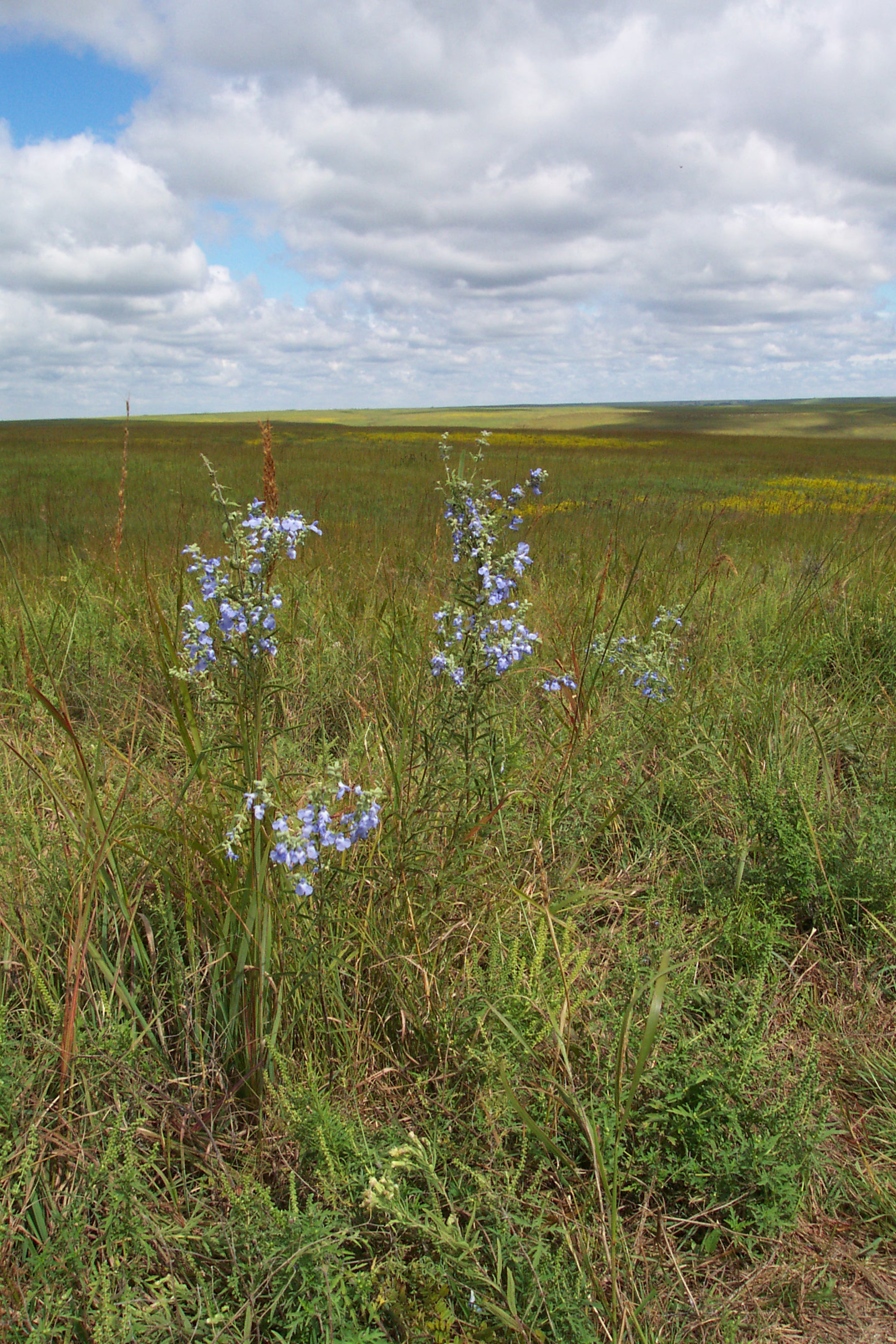
Fall is the season for another assortment of color on the prairie
Tallgrass Prairie
Tallgrass prairie once covered 170 million acres of North America, but within a generation most of it had been transformed into farms, cities, and towns. Today less than 4% remains intact, mostly in the Kansas Flint Hills. Established on November 12,